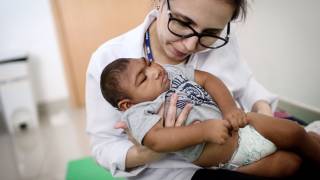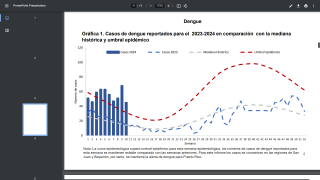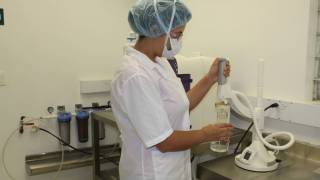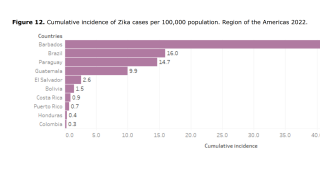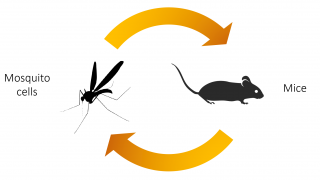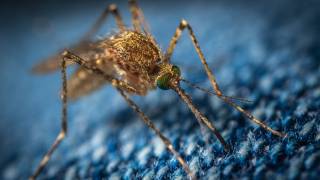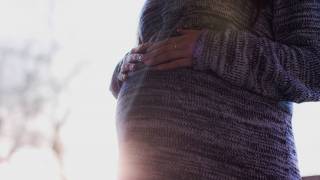Five Zika Clinical Trials Launching

The first of five early stage clinical trials to test an investigational Zika vaccine candidate called the Zika Purified Inactivated Virus (ZPIV) vaccine has begun at the Walter Reed Army Institute of Research (WRAIR) Clinical Trial Center.
"We urgently need a safe and effective vaccine to protect people from Zika virus infection as the virus continues to spread and cause serious public health consequences, particularly for pregnant women and their babies," said NIAID Director Anthony S. Fauci, M.D.
"We are pleased to be part of the collaborative effort to advance this promising candidate vaccine into clinical trials."
The National Institute of Allergy and Infectious Diseases (NIAID), part of the National Institutes of Health (NIH), is co-funding this Phase 1 clinical trial with WRAIR.
The experimental ZPIV vaccine is based on the same technology WRAIR used in 2009 to successfully develop a vaccine for another flavivirus called Japanese encephalitis.
Flaviviruses include Zika virus, yellow fever virus, dengue virus, Japanese encephalitis virus and West Nile virus.
The ZPIV vaccine contains whole Zika virus particles that have been inactivated, meaning that the virus cannot replicate and cause disease in humans.
However, the protein shell of the inactivated virus remains intact so it can be recognized by the immune system and evoke an immune response.
NIAID partially supported the preclinical development of the ZPIV vaccine candidate, including safety testing and non-human primate studies that found that the vaccine induced antibodies that neutralized the virus and protected the animals from disease when they were challenged with Zika virus.
Four additional Phase 1 clinical studies to evaluate the ZPIV investigational vaccine are expected to launch in the coming months. These include:
- A trial enrolling 90 adults ages 18-49 years at the Center for Vaccine Development at the Saint Louis University School of Medicine. This site is an NIAID-funded Vaccine and Treatment Evaluation Unit, , and Sarah George, M.D., will serve as principal investigator. All participants will receive either two injections of ZPIV or a placebo 28 days apart. Participants will be randomly assigned to receive either a high, moderate or low dose at both injections to evaluate the optimal dose for use in larger future studies.
- A trial enrolling 90 adults ages 21-49 years at the clinical research center CAIMED, part of Ponce Health Sciences University in Puerto Rico. The site is supported by NIAID via a subcontract from the Saint Louis University School of Medicine. This trial will examine the vaccine's safety and immunogenicity in participants who have already been naturally exposed to dengue virus. Participants will be randomly assigned to receive either a high dose, moderate dose or a placebo. Elizabeth A. Barranco, M.D., will lead the trial.
- NIAID's Vaccine Research Center (VRC) will test the ZPIV vaccine candidate as a boost vaccination to its DNA Zika vaccine candidate, which entered Phase 1 clinical trials in August. The next part of the study, which will enroll 60 additional participants ages 18-50 years, will take place at the NIH Clinical Center in Bethesda, Maryland, the Center for Vaccine Development at the University of Maryland School of Medicine's Institute for Global Health in Baltimore, and Emory University in Atlanta. Half of the participants will receive the NIAID Zika virus investigational DNA vaccine followed by a ZPIV vaccine boost four or 12 weeks later. The remaining participants will receive only two doses of ZPIV vaccine four or 12 weeks apart. Julie Ledgerwood, D.O., chief of the VRC's clinical trials program, will serve as principal investigator.
- A WRAIR-funded trial enrolling 48 adults ages 18-50 years will be conducted at the Center for Virology and Vaccine Research, part of Beth Israel Deaconess Medical Center and Harvard Medical School in Boston. One group of participants will receive a single dose of the ZPIV vaccine and all other participants will receive two doses of the ZPIV vaccine at varying intervals. Kathryn Stephenson, M.D., M.P.H., of Beth Israel Deaconess Medical Center, will lead the trial.
NIAID conducts and supports research--at NIH, throughout the United States, and worldwide--to study the causes of infectious and immune-mediated diseases, and to develop better means of preventing, diagnosing and treating these illnesses.
Our Trust Standards: Medical Advisory Committee

